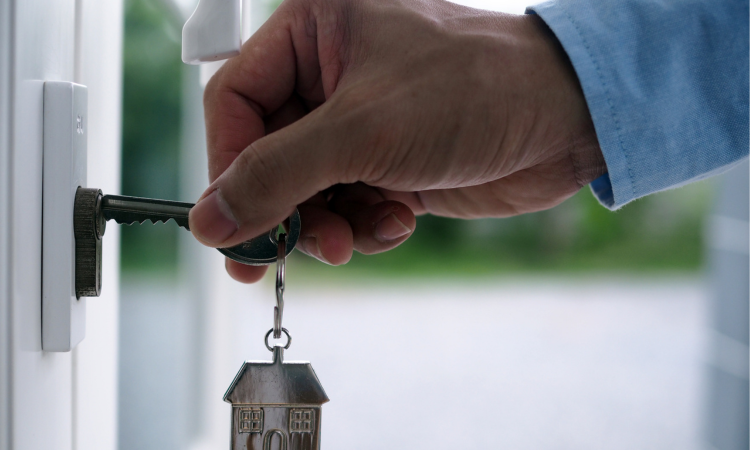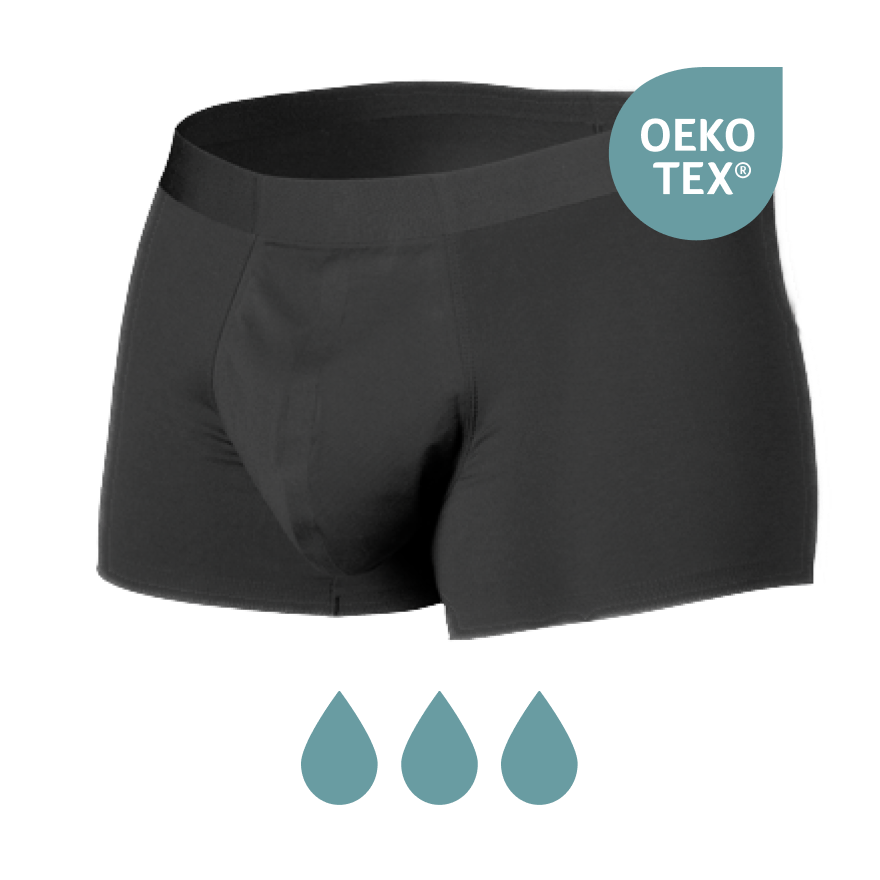Keygat incontinence occurs when you can stop your urine until you get to the door, but suddenly feel that you can no longer stop. It can also happen if you get out of bed at night or in the morning to go to the toilet, or if you just reach the toilet but have not had time to pull your pants down and sit down. It is completely surprising; Previously you could still keep your urine under control, but now suddenly no longer.
Keygat incontinence is a form of urge incontinence that is characterized by the sudden need to empty your bladder when you put the key of your front door in the lock.
How to treat keygat incontinence
If you suffer from incontinence through your diaper, you will be happy to hear that there are a number of things you can do to tackle the problem.
- Break the pattern. Instead of going to the toilet right away when you get home, it is better to make it a habit to keep it up for a few minutes. Gradually increase the time so that your bladder can retain more moisture before it has to be emptied. You can distract yourself to ignore the urge by making food, doing some chores, watching TV, etc.
- Try bladder training. Bladder training Is a form of behavioral therapy that is used with the help of a specially trained expert to treat incontinence.
- Strengthen your pelvic floor muscles. Pelvic floor exercises Like cones can be done at home, without the supervision of a doctor. They help to strengthen the pelvic floor and improve the bladder function.
- Stay hydrated. If you drink enough water throughout the day and use less bladder -irritating substances such as caffeine and alcohol, you reduce the risk of urinary tract infections and bladder irritation, which can worsen urgency incontinence.
- Medical. If adjustments in your lifestyle and bladder training are not sufficient, your doctor can recommend certain medicines or surgery to treat urge incontinence.
How and why is this coming?
Your kidneys constantly filter blood and produce urine, so that your bladder always fills slowly. If you blow and reach the 200 ml, nerves send messages to your spinal cord that pressure is being built. Those signals go to the brain, who then decide whether to stop the bladder or not.
If it is not a good time to pee - maybe you are in the middle of a meeting or there are no toilets in the neighborhood - your brain instructs your detrus muscles to stretch to keep more liquid and your urethral sphincter muscles and pelvic floor muscles to be together Squeeze to prevent unwanted loss of urine.
If it is a suitable moment to go, your brain will let you know and feel the urge to go. Once you are on the toilet, your brain will tell your bladder that it must contract and relax the pelvic floor and sphincter muscles. You open your urethra and pees. Wonderful discharge!
Normally your brain and bladder work together in harmony. Bee incontinence The signals between your bladder, nerves and brain get confused and pulls the bladder together while that should not. This leads to involuntary loss of urine and that sudden 'must-go-or-I-plas-me-yourself' feeling.
Often this is caused by lifestyle factors such as smoking or drinking alcohol, physical factors such as menopause and delivery, or behavioral factors such as your puddle or "go".
















